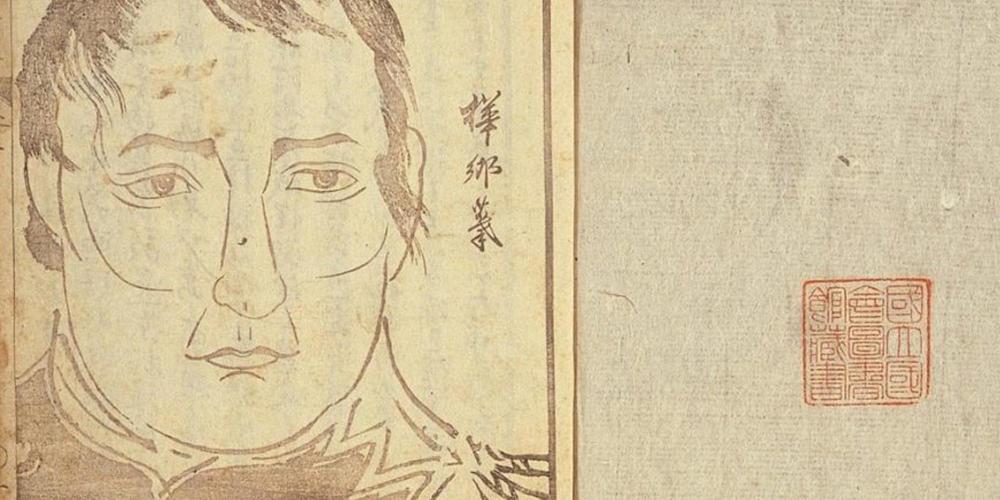
East Asian Uses of the Past: Tracing Braided Chronotypes
The birth of philosophy in ancient Greece, the fall of the Roman Empire, the Renaissance, the Reformation, the Scientific Revolution, the Enlightenment, the Holocaust: such emblematic historical moments have long been regarded as building blocks of a quintessentially European past. But how ‘European’ is this past if many in the non-European world have claimed competing representations of it as their own? And how ‘European’ is this story if many in the European world, in turn, have appropriated non-European claims to bolster their own sense of identity?
This project argues that, far from being Europe’s exclusive property, the pasts constructed through such emblematic historical moments were shaped in global circulations of meaning. The significance these moments acquired in different times and localities must be understood as the result of situated co-productions that transgress continental boundaries and, the researchers suggest, affect perceptions of historical time both in the non-European world and in Europe itself.
Emblematic moments from Europe’s past played a crucial role in changing perceptions of and attitudes towards historical time in East Asia since the onset of intensified contact circa 1600. In China, Japan and Korea many influential actors, ranging from bureaucrats and politicians to students, historians and poets, appropriated idealised images of the European past to come to terms with their own experiences of change and prescribe recipes for action. Their appropriations of Europe’s past reshaped understandings of European and Asian history not only in East Asia but also in Europe itself.
Underlying this transition, this project argues, was a reconfiguration of the patterns, or ‘chronotypes’, through which historical time acquired meaning. The project includes four subprojects that trace how the East Asian encounter with emblematic moments of the European past altered four distinct chronotypes:
- awakening and rebirth, Heidelberg
- recurrence and return, Madrid
- decline and fall, Zurich
- timelessness and permanence, London
The four subprojects ask how:
- selected moments in Europe’s past were integrated into existing chronotypes
- they were appropriated to reframe East Asian history
- the new conceptual resources were adapted to legitimise, reformulate or reject old and new ideas
- reconfigured chronotypes were enlisted to position the ‘East Asian’ past in a global matrix of knowledge
The researchers’ knowledge exchange activities will focus on discussing the research findings with citizens with a general interest in the relevance of the historical past for present-day identities and policies, as they act on behalf of nationally defined, yet globally connected, communities.
Prof. Joachim Kurtz
Project Leader
Heidelberg University
Germany
Project Partners
Prof. Joachim Kurtz
Project Leader
Heidelberg University
Germany
Prof. Taciana Fisac
Autonomous University of Madrid
Spain
Prof. Martin Dusinberre
University of Zurich
Switzerland
Prof. Leigh Jenco
London School of Economics and Political Science
United Kingdom